UCSF News reports on the research of the the Bivona Lab into why certain targeted cancer drugs lose effectiveness over time and how combination therapies could overcome drug resistance.
A protein called YAP, which drives the growth of organs during development and regulates their size in adulthood, plays a key role in the emergence of resistance to targeted cancer therapies, according to a new study led by UC San Francisco researchers.
By precisely identifying the mechanism by which elevated levels of YAP promote the survival of cancer cells, the new work points the way to combination therapies that may overcome resistance to individual targeted drugs, the scientists said.
Though cancer drugs aimed at specific genetic mutations have had some success in recent years, most patients who have a good initial response eventually develop resistance to these therapies, most likely because cancer cells engage alternative survival mechanisms that lie outside the biological pathways targeted by the drugs.
Though oncologists have the option of switching to a different targeted drug after resistance takes hold, many cancer researchers believe that a better strategy would be to forestall cancer cells’ eventual escape routes by using customized combinations of targeted drugs at the outset of therapy.
“Instead of trying to figure out why patients have developed resistance after it has emerged, we need to decipher what survival tactic tumor cells will be most dependent on when they are challenged with targeted therapy,” said the senior author of the study, Trever Bivona, MD, PhD, UCSF assistant professor of medicine and a member of the UCSF Helen Diller Family Comprehensive Cancer Center (HDFCCC).
“We want to learn how to wipe out that alternative survival pathway at the beginning of therapy – to pull the rug out from under those cells right away.”

